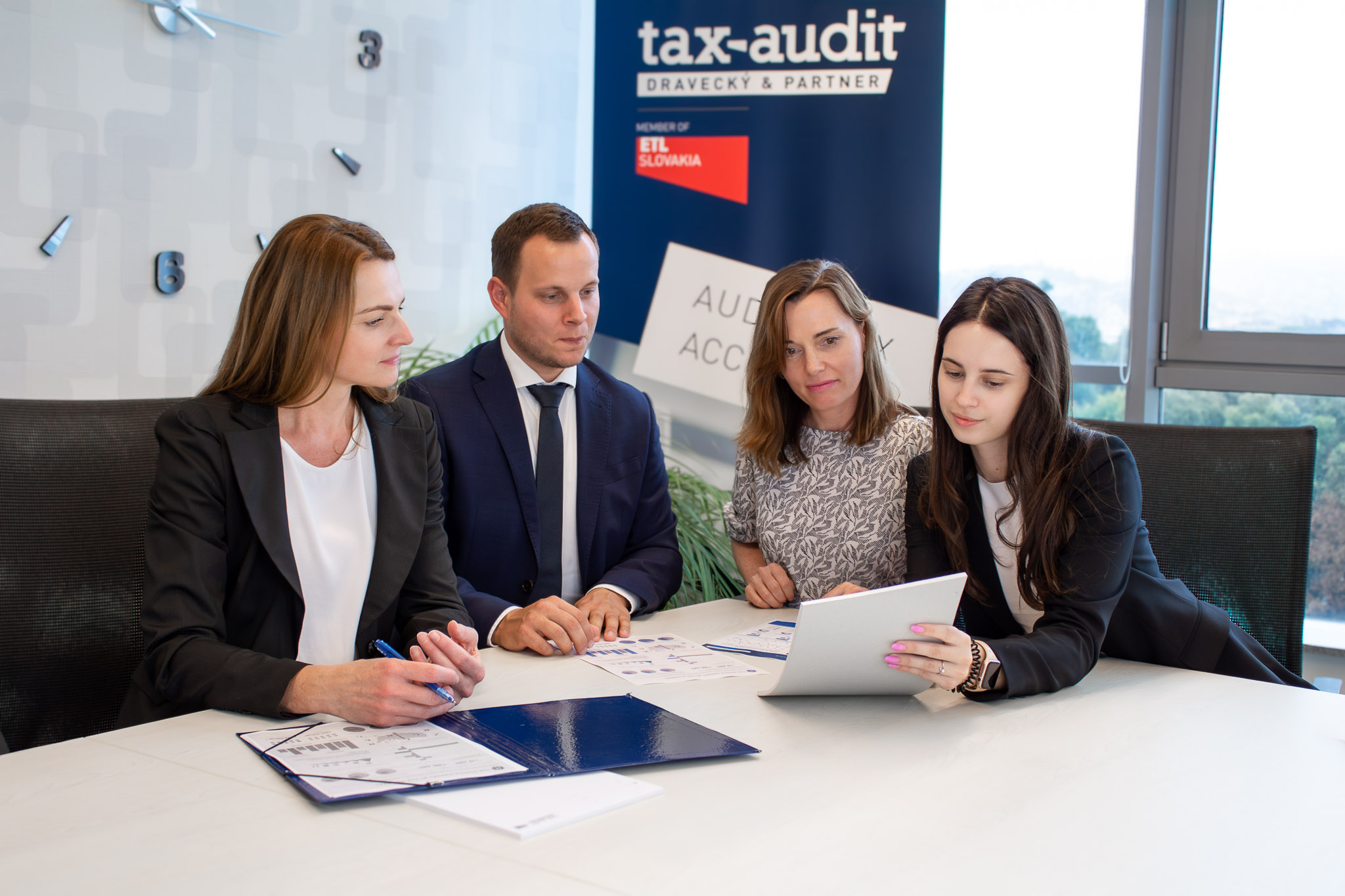Invoicing at the turn of the year is often a challenge for many entrepreneurs, especially when legislative changes in value-added tax (VAT) come into play. For 2025, significant adjustments to VAT rates are being introduced, which may impact not only invoicing processes but also overall administration. This article provides a comprehensive overview of how to invoice correctly at the turn of the year and avoid mistakes.
1. Changes in VAT Rates Effective from January 1, 2025
As of the beginning of 2025, new VAT rates will be introduced based on the amendment to Act No. 222/2004 Coll. on VAT. The main changes are as follows:
- The standard VAT rate will increase from 20% to 23%.
- The current reduced rate of 10% will be discontinued and replaced by a new reduced rate of 19%.
- The reduced rate of 5% will remain, with its scope expanded to include new types of goods and services.
2. Key Rule: The Date of Tax Liability Arising
When invoicing at the turn of the year, the decisive factor is the date the tax liability arises, which determines the applicable VAT rate. According to §19 of the VAT Act:
- For the supply of goods and services, tax liability arises on the date of delivery.
- If an advance payment or deposit is received, tax liability arises on the date the payment is received.
This means:
- If goods or services are supplied by December 31, 2024, the old rates of 20% (or 10% and 5%, depending on the type of supply) apply.
- If the supply takes place on or after January 1, 2025, the new rates of 23% (or 19% and 5%) are applied.
Example:
A company delivered goods on December 29, 2024, but issued the invoice on January 3, 2025. In this case, the tax liability arose in December, so the 20% VAT rate applies to the invoice.
3. Invoicing Based on Advance Payments and Deposits
If you receive advance payments at the turn of the year, it is crucial to accurately determine when the tax liability arose:
- For advances received before January 1, 2025, the old VAT rates apply.
- For advances received after this date, the new VAT rates apply.
After the delivery of goods or services, a final invoice is issued. If there is a change in the VAT rate between the receipt of the advance and the delivery, the difference in rates must be reflected in the final invoice.
Example:
- Advance received on December 15, 2024: VAT rate of 20%.
- Delivery of goods – final billing on January 5, 2025: VAT rate of 23%.
4. Adjustments to the Tax Base and Corrective Documents
When adjusting the tax base under §25 of the VAT Act, the date of the original transaction is also crucial. If a corrective document (credit note or debit note) is issued for a supply completed before January 1, 2025, the original VAT rate applies.
Example:
Goods were delivered on December 10, 2024, at a VAT rate of 20%. A credit note issued in January 2025 must still reflect the 20% VAT rate.
5. Adjustment of Invoicing Systems
Entrepreneurs should update their invoicing systems to accommodate different VAT rates depending on the date of tax liability. These updates should include:
- Configuring options for multiple VAT rates.
- Automatically assigning the VAT rate based on the date of the supply.
- Handling advances with varying VAT rates effectively.
6. Common Mistakes in Year-End Invoicing
To avoid issues with tax authorities, steer clear of these common errors:
- Applying an incorrect VAT rate due to improper determination of the date of tax liability.
- Failing to account for rate changes in advances and final invoices.
- Errors in adjusting the tax base (e.g., on credit notes).
7. Practical Recommendations
1. Staff Training: Ensure your invoicing team is familiar with the new rules.
2. Review Supplier-Customer Relationships: Confirm that your business partners understand the VAT rate changes.
3. Prepare for Tax Audits: Keep records of supply dates (e.g., delivery notes, contracts).
Year-end invoicing requires heightened attention and thorough preparation, especially in 2024/2025, when significant changes in VAT rates take effect. Understanding the rules and implementing proper processes will help minimize risks and ensure compliance with legislation. If you need assistance or additional information, do not hesitate to contact a tax advisor.
Be the first to know about the latest information from the world of taxation, accounting and auditing.













































